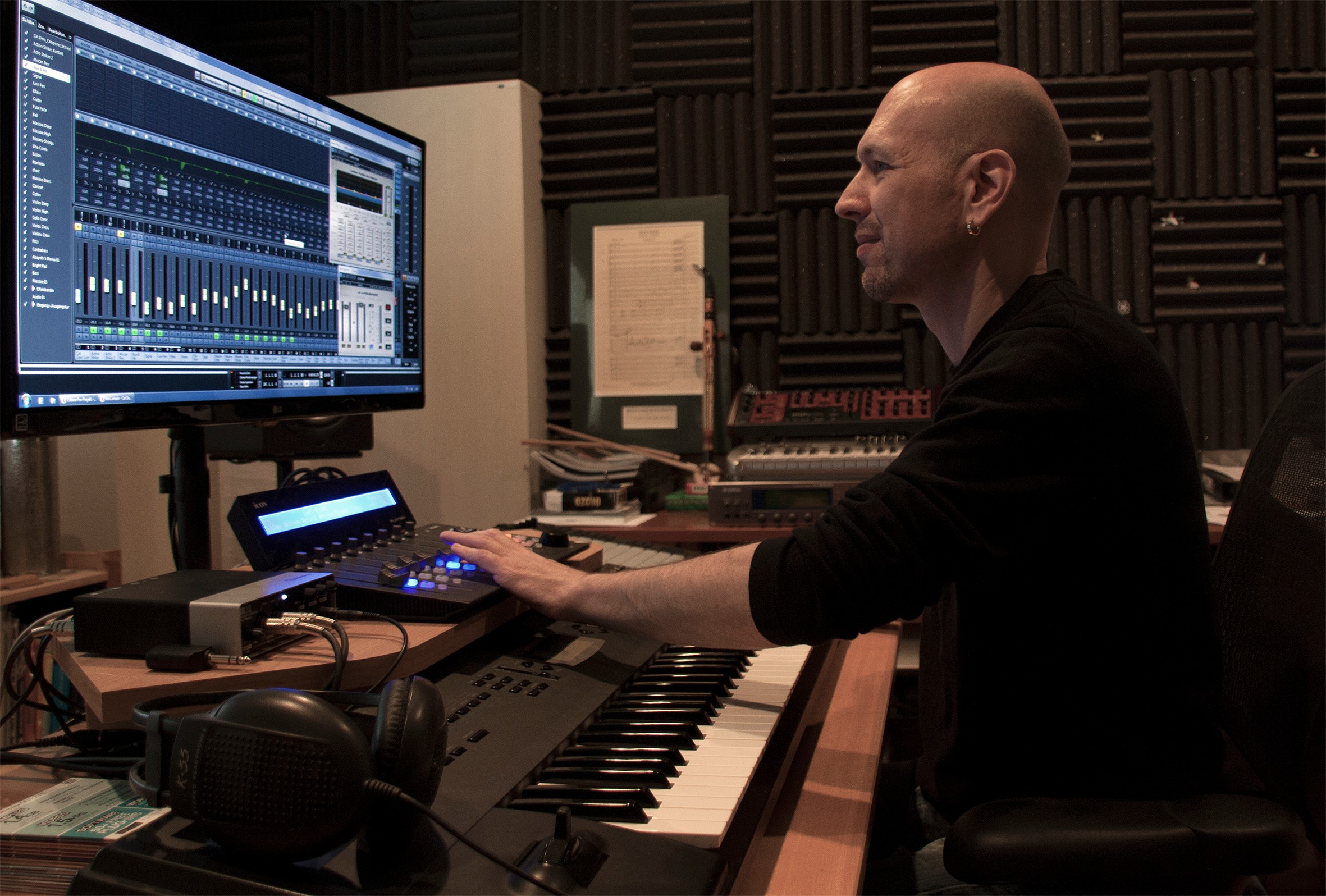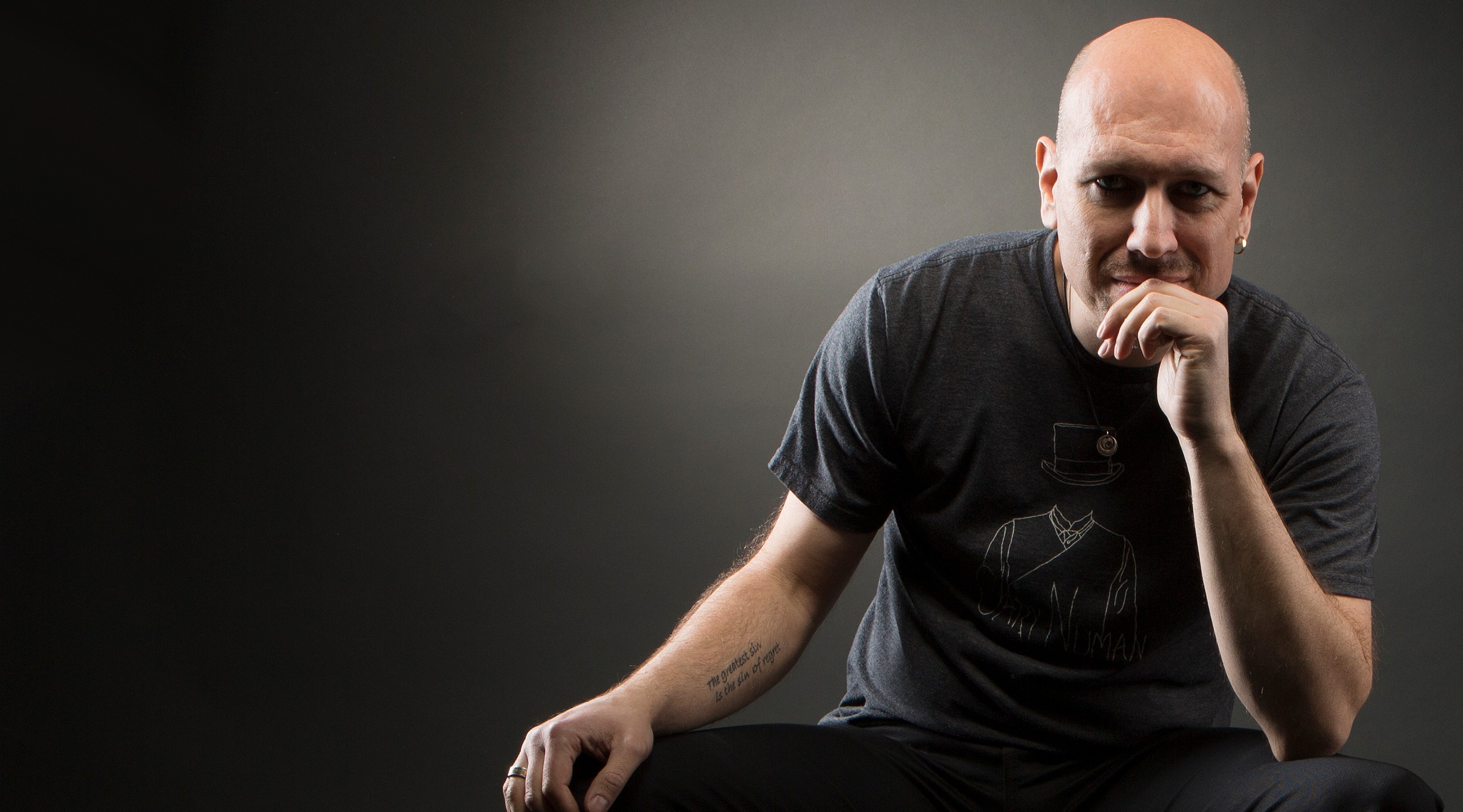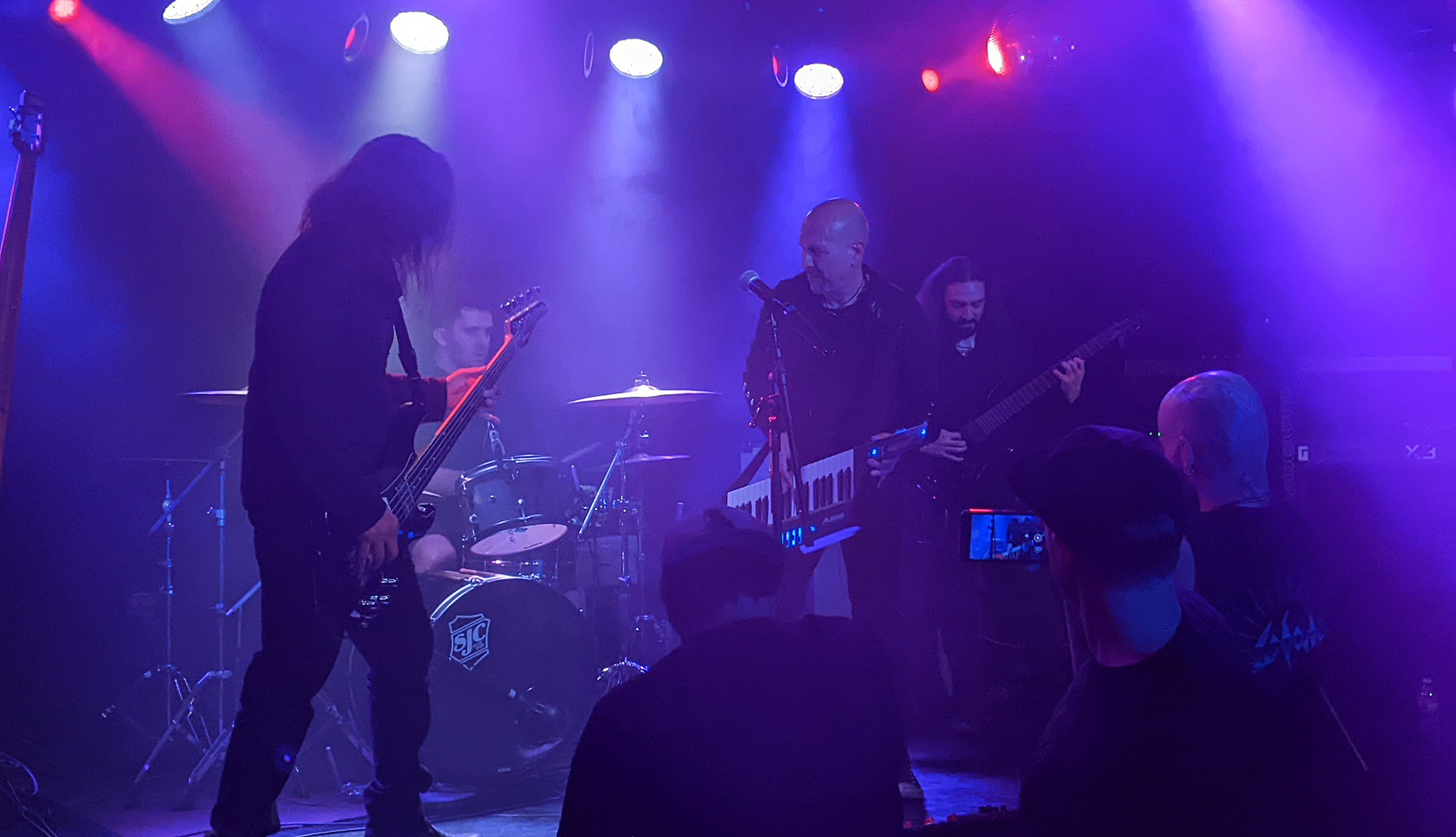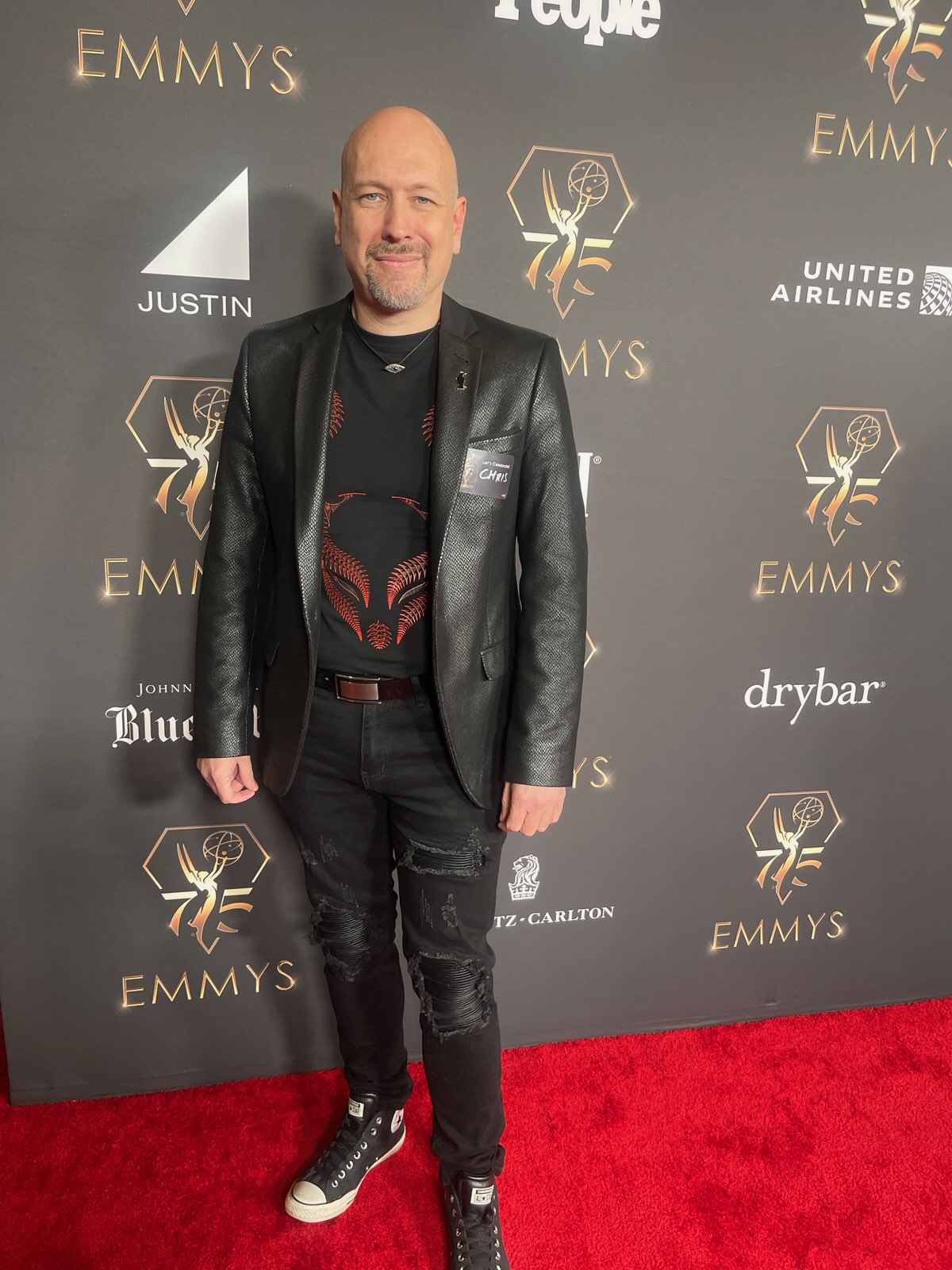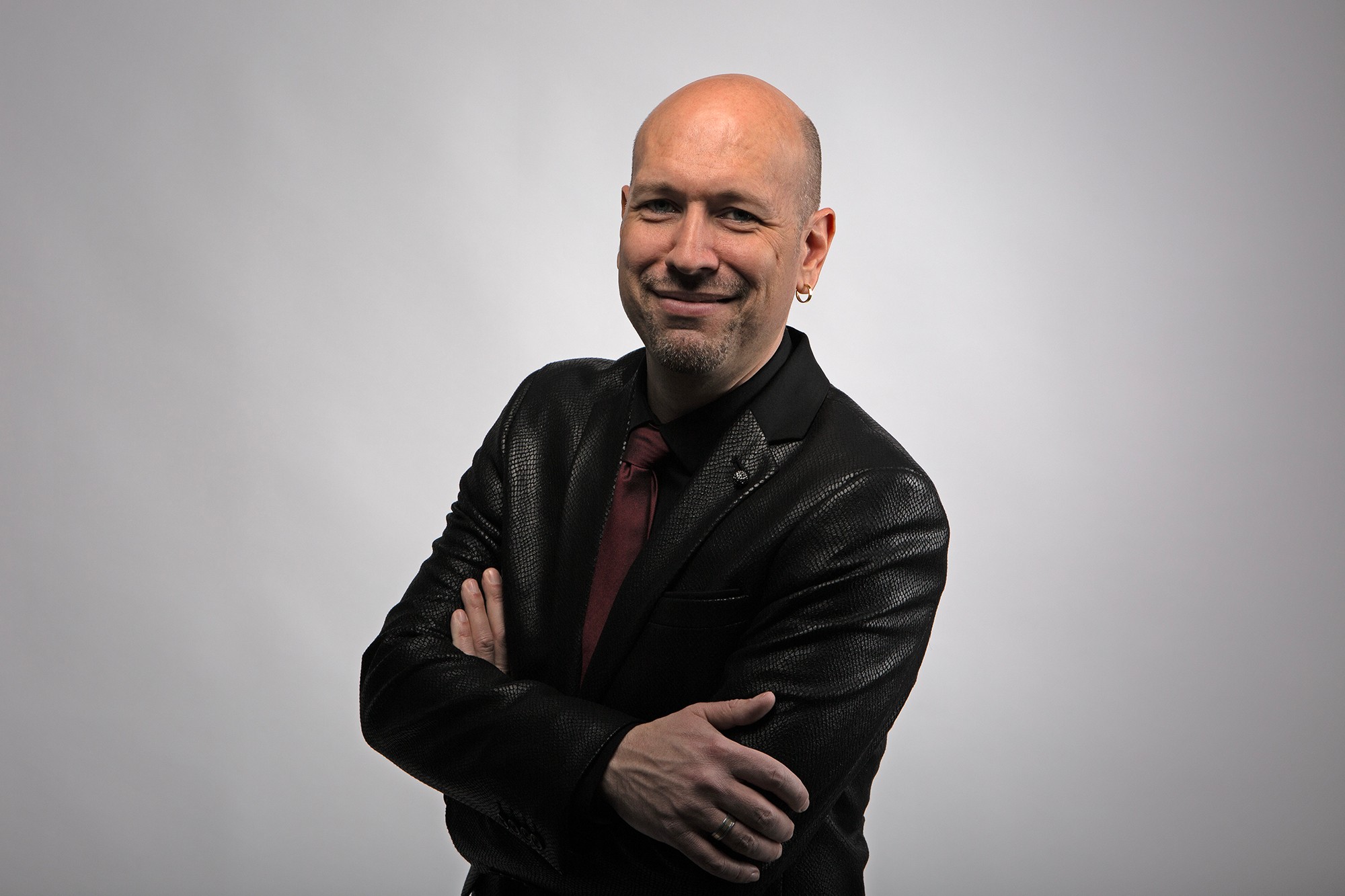

We’re looking forward to introducing you to Chris Wirsig. Check out our conversation below.
Chris, so good to connect and we’re excited to share your story and insights with our audience. There’s a ton to learn from your story, but let’s start with a warm up before we get into the heart of the interview. Are you walking a path—or wandering?
I like to think, that I’m walking a path, but I allow myself to wander – or meander – a bit. Actually “allow” might not be the right word, as this is just how I’ve always been. When I was younger, I jumped between different interests, and there’s still a lot I would like to do but might not be able to or have the time for.
But even with the wandering, I always stayed (or came back) to my main path that is music. And even on this path there’s different grooves or tracks I’m following, which keep staying on the path interesting and exciting in itself. These different grooves in the path are the different genres I work in and the different usages I write music for – from my own Electro Pop band no:carrier, orchestrating and playing keyboards in the Prog Metal band Angels On The Battlefield, and writing Pop/Rock songs with artists and co-writers to production music for TV shows and original music for indie films.
I guess most creative people who are on a defined path like to wander a bit and explore other creative outlets, which in turn gives them new ideas for the work on their main path. At least that’s how I feel about my own wandering.
Can you briefly introduce yourself and share what makes you or your brand unique?
I’m a composer, songwriter and producer with several bands/projects and I also write a lot of music for use in TV shows. This so called “production music” is written and produced for my own music library Counter Communications, but also for other libraries around the world. So, you might have heard some of my music in shows like “Ancient Aliens,” “The Real Murders Of Atlanta” (and its spin-offs in other cites), “The Curse Of Oak Island,” “UnXplained,” “The Secret Of Skinwalker Ranch,” and many others. Apart from that I also write original music for indie films, many being in the Horror genre, as I love darker music, which seems to come very easy to me.
Some other projects include the pilot for an LGBTQ+ animated comedy series, “Be More Popcorn,” the cyberpunk boxing drama “Steel Will,” the 1830’s period horror drama “The Knocker,” and charity projects with cover versions of Depeche Mode’s “People Are People” with 36 musicians and singers, and a Heavy Metal version of the Ukrainian National Anthem benefitting the Red Cross.
And I also like to write songs – from my own band projects to writing with co-writers like Juliet Lyons, der Dark Wave band Psyche, and many others.
Great, so let’s dive into your journey a bit more. Who taught you the most about work?
Whe it comes to writing and producing music, I think it’s an ongoing learning experience that actually never stops. It might be less as you gain experience over the years, but there’s always new things, techniques, styles and more to explore.
For me one of the best lessons was when I started to write production music: Writing a lot of often very specifically defined music in a short amount of time. This is a very different type of work than writing songs for yourself as an artist. The artistic songwriter often seeks or waits for the muse’s kiss or deliberates endlessly over certain (often small) aspects of their work. While in production music – and also film/TV scoring – you’re not just an artist but you also provide a service to the film makers. And this service needs to be delivered on time. So you usually don’t have the luxury to wait for inspiration. On the other hand inspiration is provided by the project you’re writing music for – certain scenes, topics, characters, emotions that inspire the music.
With production music, you write the music to more generic topics like a crime scene, an interrogation of a suspect, a romantic scene in nature, a sad conversation, and so on… So that also gives you a more generalized inspiration, but there’s also a more defined format that production music has to adhere to: It needs to be modular so that video editors can take parts of your music and cut it to picture so it all becomes one coherent product out of several single components. All this while still being music you’d like to listen to…
Was there ever a time you almost gave up?
Oh yes, and that’s something that still comes up every now and then. Parts of it has to do with imposter syndrome, that I’ve come to realize all creative people suffer from more or less. But over the years I’ve learned to not listen to that as much anymore.
Though there was one point years ago when I stopped writing music completely. That was after two years of establishing an artist and consumer friendly record label. We had around 100 artists who released music on it. And the label itself was sustainable, but it didn’t grow enough to provide a living wage for myself. And the bureaucracy made it no fun at all. So I stopped everything and took myself out of the music business completely.
But after 10 months or so without doing anything in music, the old itch came back and I slowly started to write again. I realized that I just can’t live without creating…
Next, maybe we can discuss some of your foundational philosophies and views? What would your closest friends say really matters to you?
A friend once gifted me a t-shirt that says “Easily distracted by music and dogs” – that pretty much sums it up, LOL. Writing music comes from an inner urge that I can’t fully explain. Even with all the great music that is already there I feel the need to write. And my dogs are just great companions who I don’t want to miss for anything.
And old and new friendships, good food, and a nice, smoky scotch sometimes…
Okay, so before we go, let’s tackle one more area. When do you feel most at peace?
Definitely in the studio, writing music. There’s a certain tranquility to it, even when it’s done under stressful short turnarounds. And if there’s time enough to experiment a bit, even better – that’s when I feel at home most, and probably when I let go of any fears and constraints.
And if not in the studio I feel most at peace sitting on a quiet, preferrably foggy beach or cliff.
Contact Info:
- Website: https://www.chriswirsig.com
- Instagram: https://www.instagram.com/chriswirsig/
- Linkedin: https://www.linkedin.com/in/chriswirsig/
- Twitter: https://x.com/nocarriermusic
- Facebook: https://www.facebook.com/ChrisWirsigMusic
- Youtube: https://www.youtube.com/@chriswirsig
